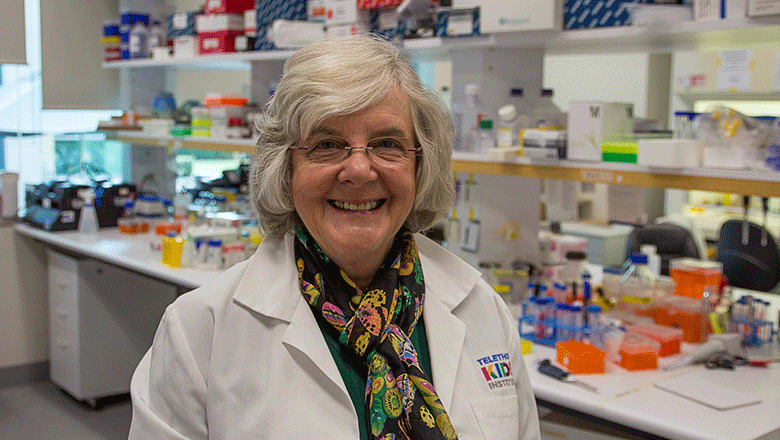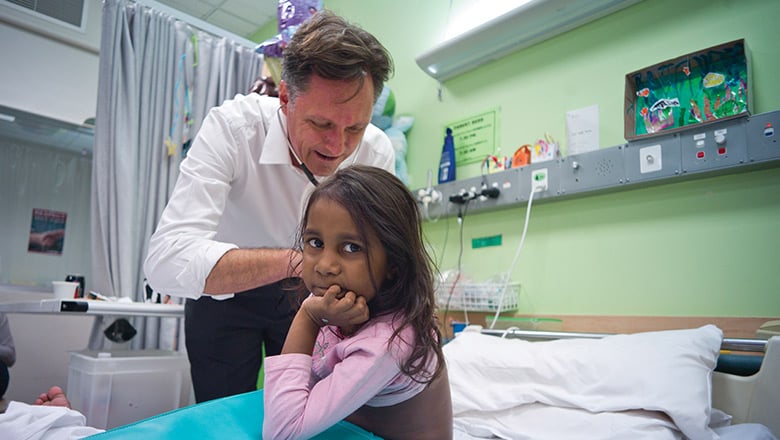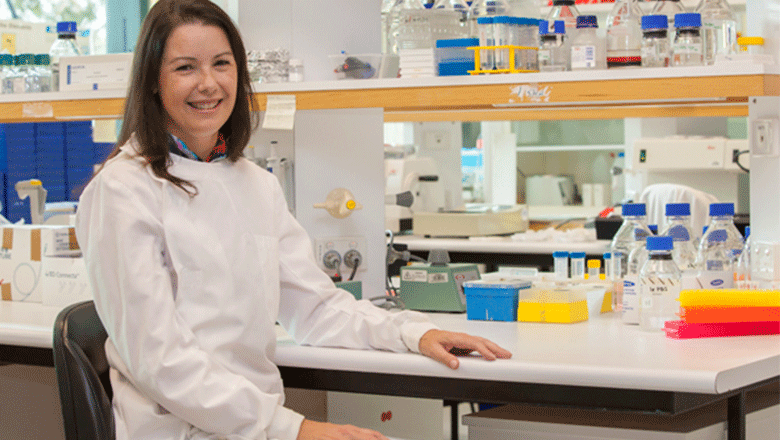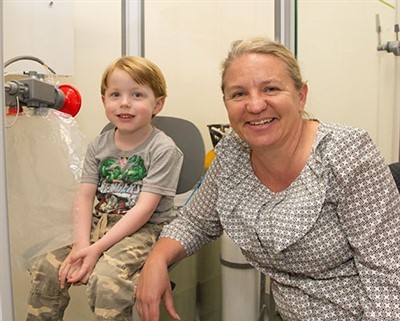Search

News & Events
Jennie Blackwell made a Fellow of the Australian Academy of ScienceProfessor Jenny Blackwell has been made a Fellow of the Australian Academy of Science, an honour reserved for the very best scientists in the country.

News & Events
A vaccine to protect kids heartsThe Kids Research Institute Australia is spearheading a trans-Tasman effort to develop a vaccine for rheumatic fever.

News & Events
Born with cystic fibrosis, now research is her life’s workWhen Ingrid Laing was born, the outlook for kids with cystic fibrosis was bleak. Her parents were told she might make it to 20 if she was lucky.

News & Events
Video: How to respond if your child is being bulliedIn this video, Professor Donna Cross from the Telethon Kids Institute provides some practical advice on how to respond if your child is being bullied.

News & Events
The Kids welcomes Future Fund for medical researchPerth's The Kids Research Institute Australia has welcomed the passing of legislation to establish the Medical Research Future Fund (MRFF).

News & Events
Video: Top 6 ways to get your kids to eat their vegiesNutritionist Dr Roslyn Giglia from The Kids Research Institute Australia shares her top 6 ways to get your kids to eat their vegies.
News & Events
Rethink needed on literacy interventionA new study by The Kids Research Institute Australia has found current early intervention programs are failing to identify a large proportion of children with language an

News & Events
The Kids Research Institute Australia Open DayFriends and supporters of The Kids Research Institute Australia are invited to join us to celebrate 25 years of making a difference to kids' health at our Open Day.

News & Events
Sun safe app - Be part of a real life research projectThe Kids Research Institute Australia researchers are developing a mobile phone app that will give you tailored advice for your skin type.

News & Events
Healthy kids help medical researchThat's why Melissa has signed up her four year old healthy son Odin for a study at Perth's The Kids Research Institute Australia that will help kids with cystic fibrosis.
